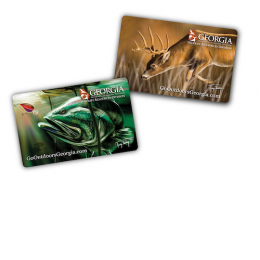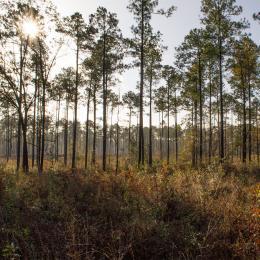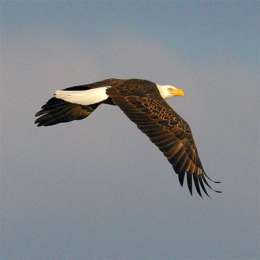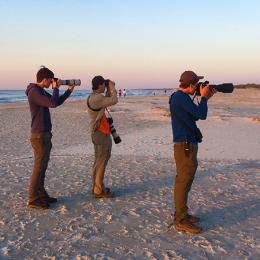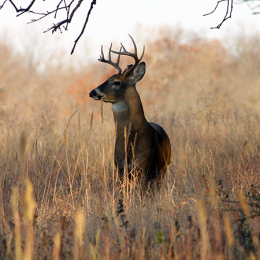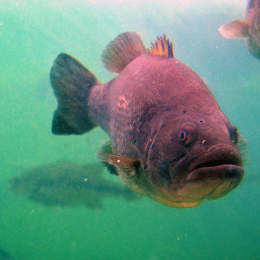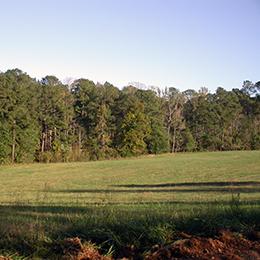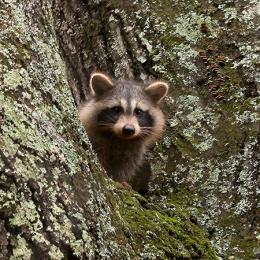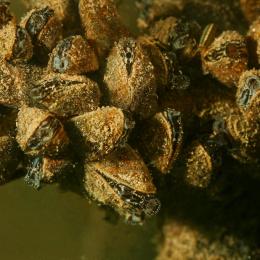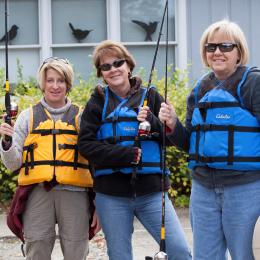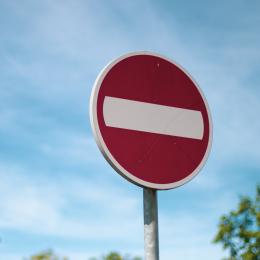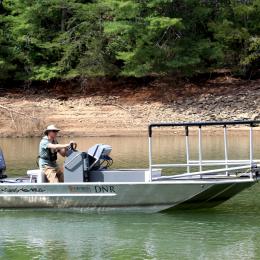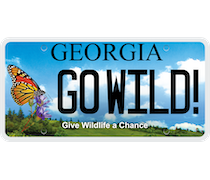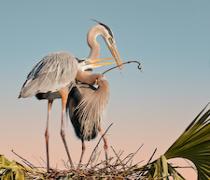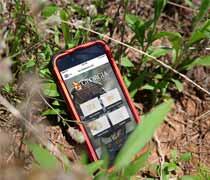Chronic Wasting Disease (CWD), a fatal disease affecting deer, has not been detected in Georgia and you can be instrumental in helping keep it out, according to the Georgia Department of Natural Resources’ Wildlife Resources Division (WRD).
“Moving live deer is the greatest risk factor for introducing CWD to Georgia, which is why the importation of all deer species from other states is prohibited,” says Charlie Killmaster, WRD State Deer Biologist. “However, movement of deer carcasses also presents risk. If you have a successful hunt out-of-state, you need to be familiar with what parts of that animal you are allowed to bring back with you.”
Chronic Wasting Disease is a fatal neurological disease of deer, elk, and moose caused by infectious proteins called prions. Currently, there are no treatments, and the disease always results in the death of the infected animal.
What does CWD look like in deer? Often, CWD-infected deer look completely normal, which is why transport regulations are so important. Over time, symptoms appear, such as dramatic weight loss, poor body condition, subtle head tremors may occur, head and ears may be droopy, and, in the last stages, it is not uncommon for the animal to have excessive drooling.
How You Can Help Prevent Spread
- Do not transport live deer into Georgia. The live importation of all deer species from other states is prohibited and violations carry hefty penalties.
- Know what to bring back from an out-of-state hunt. Georgia hunters may only bring home boned out meat, hides, skulls or skull caps with antlers attached and all soft tissue removed (velvet antlers are okay), jawbones with no soft tissue, elk ivories, and finished taxidermy mounts. All other carcass parts must be left behind.
- Report deer with any disease symptoms. If you observe a deer with any symptoms, contact your local WRD Game Management Office (GeorgiaWildlife.com/about/contact#gm).
For more information, visit the WRD website at GeorgiaWildlife.com/cwd.




